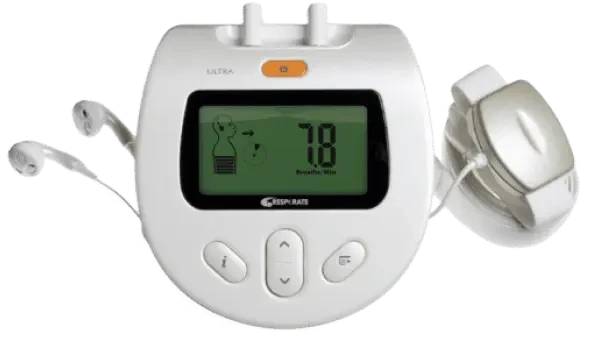Question: Is there a relationship between constipation and high blood pressure? As I get constipation bowel pains my blood pressure spikes to 180/190 over 95.
Answer: Pain from any source can cause an increase in blood pressure. Your blood pressure is spiking to a worrisome level. You should discuss this with your doctor. Adding more fiber to your diet should help prevent constipation. Prunes, mangoes and many other fruits are a great source of fiber.
What Is Constipation?
Constipation is a problem that causes discomfort and frustration, but not many people know that its effects go far beyond mild or moderate nuisance. In fact, straining and forcing due to constipation have a negative impact on many parts of the body, including the heart.
Constipation is a condition in which there is no bowel movement for at least three consecutive days and the stool is hard. Some experts also call it constipation when the stool is hard 25% of the time, or if the bowel movement is strenuous and incomplete 25% of the time.
Everyone gets constipated once in a while, for example after eating certain types of food or simply because of the inadequate water intake. However, the reasons for constipation can sometimes be much more serious. Constipation is not a disease, it is more of a symptom. The underlying cause can be something innocuous, but it can also be a serious disease that requires medical evaluation.
This condition can be a one-time problem, solved in a short time, or it can be chronic. Chronic constipation should never be taken lightly because it can seriously damage the health.
Constipation and high blood pressure
For some people, a bowel movement means straining and holding their breath, a move known as a Valsalva Maneuver. This can cause an irregular heartbeat or arrhythmia.
This combination can activate a nerve in your chest that signals the brain to change your heart rate and drastically lower your blood pressure. This puts your body in panic mode, creating a rapid rise in blood pressure and an irregular heartbeat.
A combination of holding your breath, straining and experiencing abdominal pain, all occurrences common to constipation, can also stimulate the vagus nerve, which connects the brain and the colon. The vagus nerve reflex causes a sharp drop in blood pressure and a sudden slowing of heart rate.
It could lead to fainting (vasovagal syncope) as blood flow leaves the head and moves rapidly to the legs. And fainting on the toilet could mean a head injury.
To ease both the fear and the physical symptoms of constipation, try having a bowel movement in a squatting position, with the knees raised to the chest. This can be awkward on a conventional toilet, so putting a footstool in the bathroom can help.
In addition, take a closer look at your diet. Drink plenty of water and increase your fiber content. Taking magnesium and calcium can help, and be sure to get daily exercise. Even a moderate walk can invigorate your core muscles and encourage your intestines to move your waste along.
Read about nature, herbs for high blood pressure, which some of them might also help with constipation.

 Eli Ben-Yehuda
Eli Ben-Yehuda 










 Download Brochure
Download Brochure
Comments